Pic.24. From left: Minister of Petroleum Resources, Dr Ibe Kachikwu; Vice President Yemi Osinbajo; and a former Minister of Petroleum Resources, Chief Don Etiebet, at the close of the first Nigeria International Petroleum Summit in Abuja on Thursday (22/2/18).
01091/20/2/2018/Jones Bamidele/NAN
In May 2016, when the federal government eventually bowed to price pressures and increased the pump price of petrol to N145 per litre to reflect the market realities at the time, I warned that it was a golden opportunity to deregulate the downstream petroleum sector in Nigeria.
I argued that Nigeria will keep revolving around the mountain of pump price increase and scarcity if this or something else in drastic measures was not done. I advised that the way to go was to sell or concession local refineries to make them work at optimum or near-optimum capacity. But as it is with virtually everything else in the hands of the federal government, we returned to business as usual; A imports, B imports, C imports, and the federal government pretends to be working on some refining.
I am not an economist, at least not by training, but via personal education, I have come to understand the core of oil economics, and the political economy of nations — Nigeria specifically. I have come to know how the price systems in Nigeria’s oil sector works. I have learnt how to value the country’s local currency, and some other salient economic principles.
Based on this education, I also predicted at the time that the government was going to devalue the naira, seeing Buhari had shifted ground on one of his core principles — the subsidy regime. Moreso, if the government’s pseudo-liberalisation of the oil market was going to work, naira devaluation was necessary. One month and 11 days later, the government devalued the naira. But the same government failed to liberalise the petroleum sector.
Advertisement
After a meeting with Vice-President Yemi Osinbajo, Ibe Kachikwu, minister of state for petroleum resources, came out to say that the new pricing policy will lead to competition, improved supply, and prevent diversion of petroleum products.
“We expect that this new policy will lead to improved supply and competition and eventually drive down pump prices, as we have experienced with diesel. In addition, this will also lead to increased product availability and encourage investments in refineries and other parts of the downstream sector. It will also prevent diversion of petroleum products and set a stable environment for the downstream sector in Nigeria,” Kachikwu aid at the time.
Osinbajo corroborated Kachikwu by saying “we expect that with competition, more private refineries, and NNPC refineries working at full capacity, prices will drop considerably”.
Advertisement
“Our target is that by Q4 2018 we should be producing 70% of our fuel needs locally. At the moment even if all the refineries are working optimally they will produce just about 40% of our domestic fuel needs,” he added.
LIKE KACHIKWU, LIKE DIEZANI
With the benefit of hindsight, a lot can be said of Diezani Alison-Madueke’s integrity as minister of petroleum. But her methods, arguments, defence of pump price increase are similar to Kachikwu’s patterns of defence.
In 2012, the federal government increased pump price of petrol, leading to a nationwide shutdown of economic activities. At the time, the federal government said “consumers are assured of adequate supply of quality products at prices that are competitive and non-exploitative”.
“By this announcement, the downstream sub-sector of the petroleum industry is hereby deregulated for PMS. Service providers in the sector are now to procure products and sell same in accordance with the indicative benchmark price to be published forthnightly and posted on the PPPRA website.
Advertisement
“Petroleum products marketers are to note that no one will be paid subsidy on PMS discharges after 1st January 2012.”
This was supposed to be the end of subsidy, with petrol to sell at N150 per litre at the time. But a protest erupted nationwide, forcing a compromise, which saw pump price move from N65 per litre to N97 per litre. The real damage at the time was that the deregulation never happened. It was business as usual, but this time, Nigerians had to pay more.
The argument being put forth by Diezani in 2012 is the same as those made by Kachikwu, at the fuel subsidy removal in 2016. After the 2012 hike, Diezani said the government had saved N897 billion from the hike. She added that we had also seen a reduction in smuggling as the country’s daily consumption dropped from 60 million litres to 40 million litres.
After the 2016 hike, Kachikwu said: “we noticed that the consumption of PMS has shifted from over 50 million litres a day to about 28 million per day. This means we have been able to take away unaccounted fraud impacted volume of petrol, which is nearly 40 per cent of the country’s consumption.” He also added that $15.4 billion had been saved by the federal government due to the hike.
Advertisement
You see the pattern? They say we’ve saved. And imports have reduced.
LIKE BARU AND LIKE YAKUBU
Also with the benefit of hindsight, we see the man Andrew Yakubu, former NNPC GMD, clearly. Same cannot be said of Maikanti Baru, current GMD. But the same pattern has played out on this front too. In 2014, when Yakubu was fired by former president Goodluck Jonathan, his offences were based on allegations of insubordination and fraud.
Advertisement
We must, however, note that NNPC had five GMDs through Diezani’s time as minister. Hence, it is likely she was the problem.
In 2017, however, Kachikwu, in his letter to President Muhammadu Buhari, also accused Baru of the same things: Fraud and insubordination. This was settled in-house, and Kachikwu backtracked, saying there was no fraud in the contracts.
Advertisement
FOR NIGERIANS, WHAT HAS CHANGED AT NNPC?
For the Nigerian on the street, what has changed at NNPC and the oil sector in general? Nothing! By Baru’s own account, Nigeria pays subsidy in excess of N774 million per day, with pump price at N145 per litre.
The competitive pricing promised by Osinbajo and Kachikwu is still a mirage. The National Bureau of Statistics said the average Nigerian bought petrol at N190.9 per litre in January. Smuggling, according to NNPC itself is still on the high side at border towns. Nigeria is subsiding fuel for countries in West Africa. How many private refineries work today? From 28 million litres per day, we are back to 50 to 60 million litres per day!
Advertisement
So what has changed at NNPC?
Follow Tijani on major social media platforms @OluwamayowaTJ
1 comments

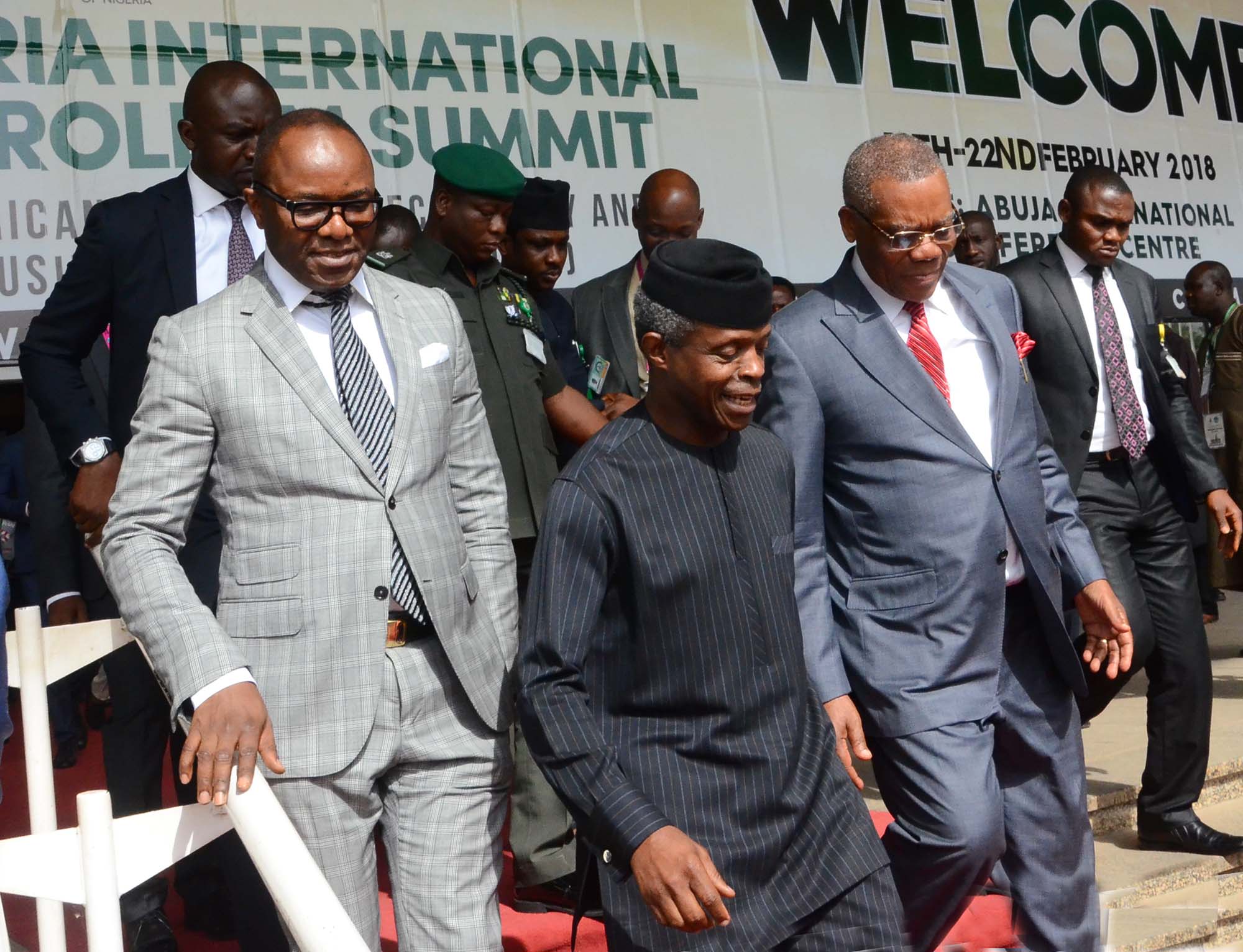
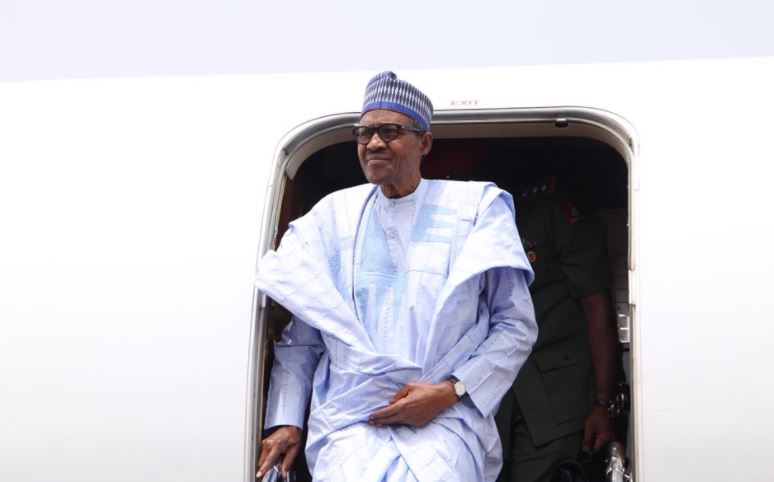

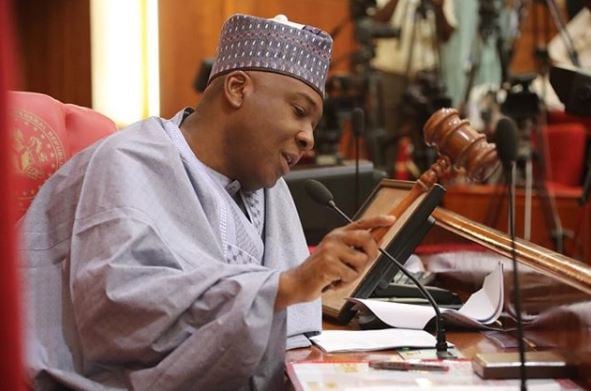

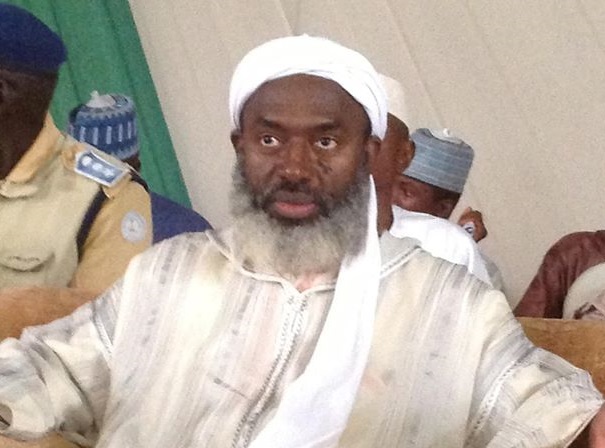
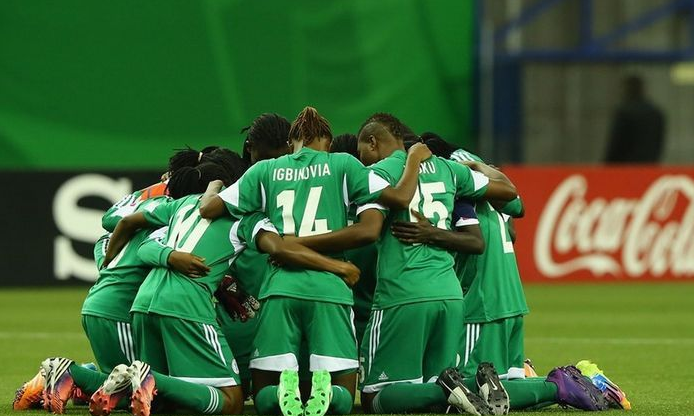
Why compare Kachikwu with Diezani when we all know Buhari is the substantial minister of petroleum? Kachikwu has NO powers to formulate or implement any policy as he has been rendered irrelevant!